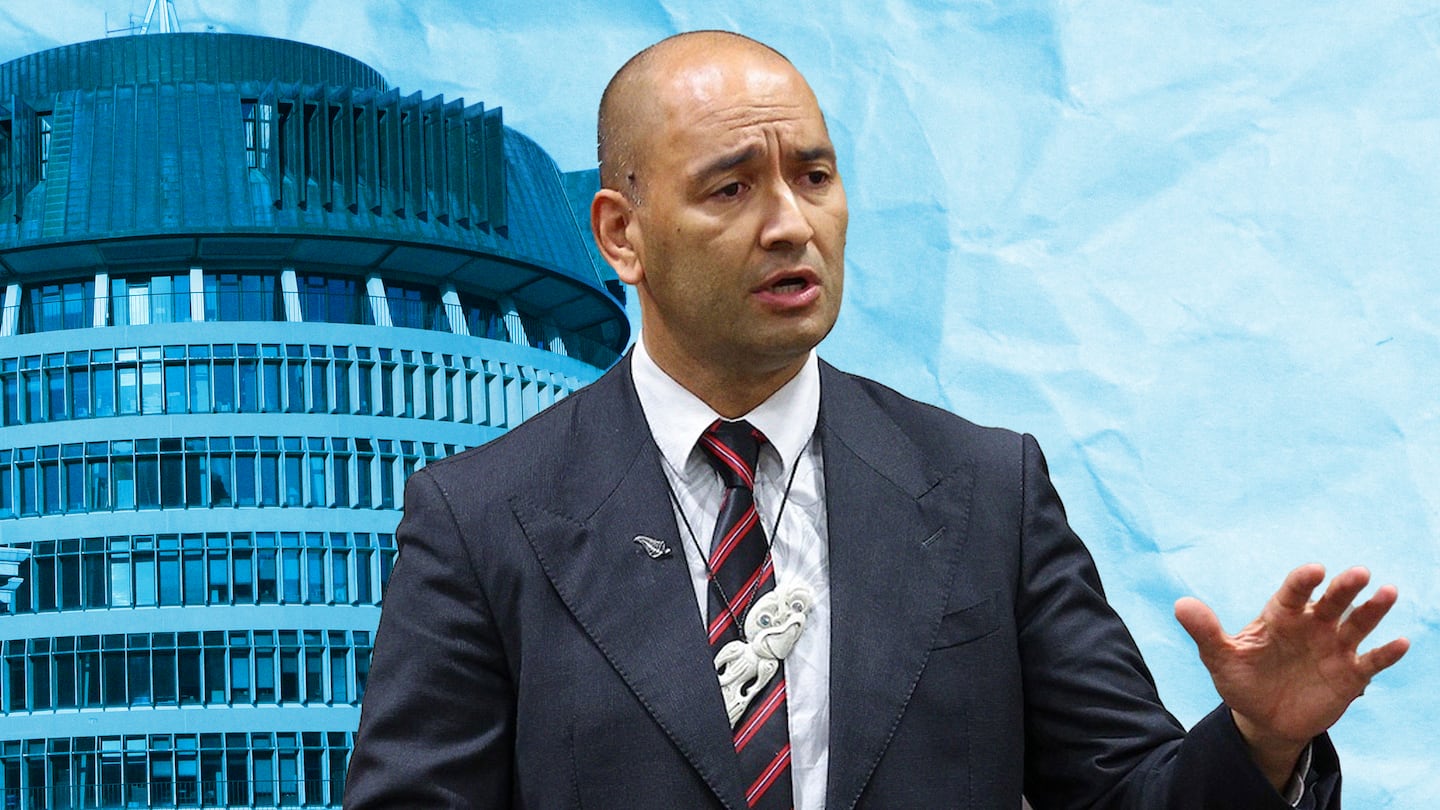The government has announced an investment into Māori housing providers to deliver 198 affordable rentals that will be capped at 80 per cent of market rent of the location.
Associate Housing Minister Tama Potaka said the government was committed to fixing the housing crisis and addressing housing challenges faced by whānau Māori.
The opposition particularly Labour MP Willlie Jackson had accused the government of manipulating data and taking credit for the previous government’s progress on emergency housing, which Potaka rejected.
“The government can’t have it both ways,” Jackson said.
“On one hand, they don’t provide any funding to build additional houses in the budget, with the current pipeline of housing being funded by the previous government, and then claim it is because of their policies that the emergency housing numbers are down.”
However, Greens housing spokesperson Tamatha Paul said both National and Labour have been unwilling to do the hard but necessary work in housing, which she believed to be the cause of the issues within emergency housing.
“Neither of them are willing to crack down on landlords, who are having a great time right now with all of the tax that they’re raking in from the government and in my view neither of the major parties are willing to take the housing crisis seriously because they’re scared of landlords,“ Paul said.
In late September, Public Housing Futures, a public housing advocacy group created a map showing all the Kāinga Ora housing developments that were either paused, reconsidered, or cancelled.
Eight of 12 projects are in housing priority locations: Northland, East Coast, Hawke’s Bay, Taranaki, Bay of Plenty including Rotorua and Waikato.
Other locations are in Nelson, Ohakune, Taumarunui and Masterton where Potaka said proposed developments in those places showed a significant need for affordable rentals or had a strong focus on moving whānau out of emergency and transitional housing.
“These developments are happening against a backdrop of severe housing deprivation in the regions where they are located and where there is an acute shortage of quality and affordable rental accommodation,” Potaka said.
“The developments announced today are not just about building houses. Each of these homes represents a fresh start and a secure foundation for whānau and tamariki to grow, thrive, and stay connected to their whenua in a community where the need for safe, affordable homes has never been more urgent.”




